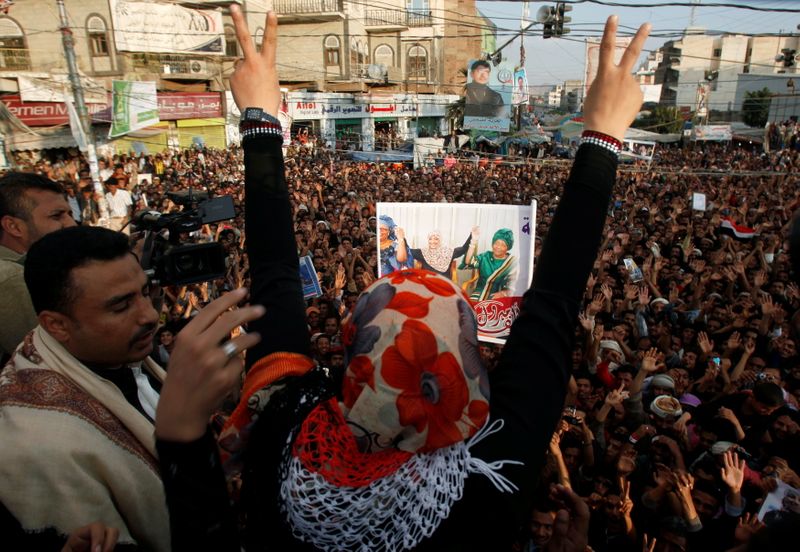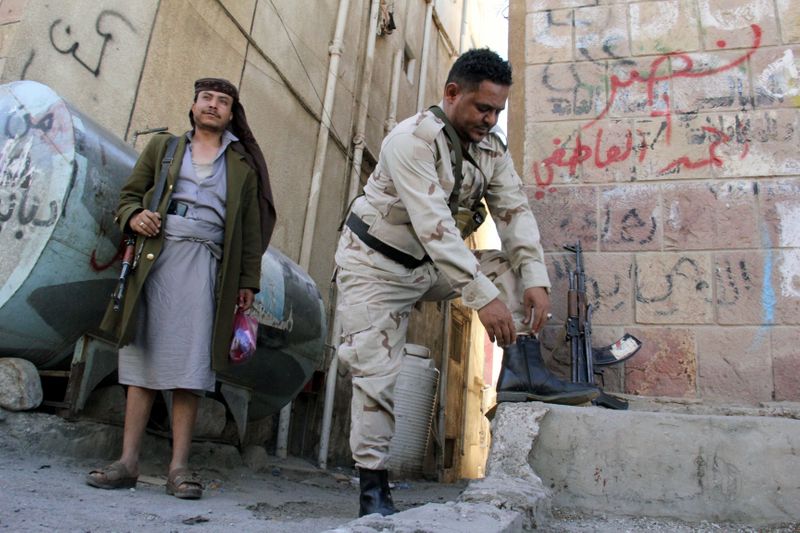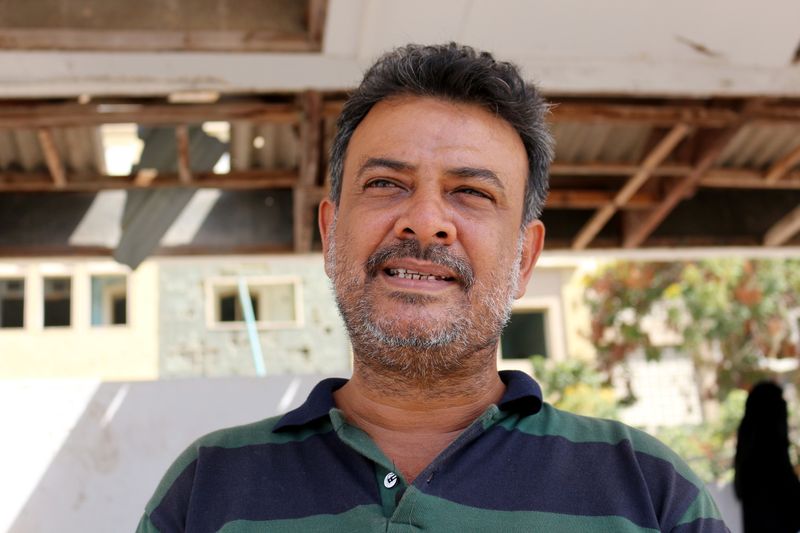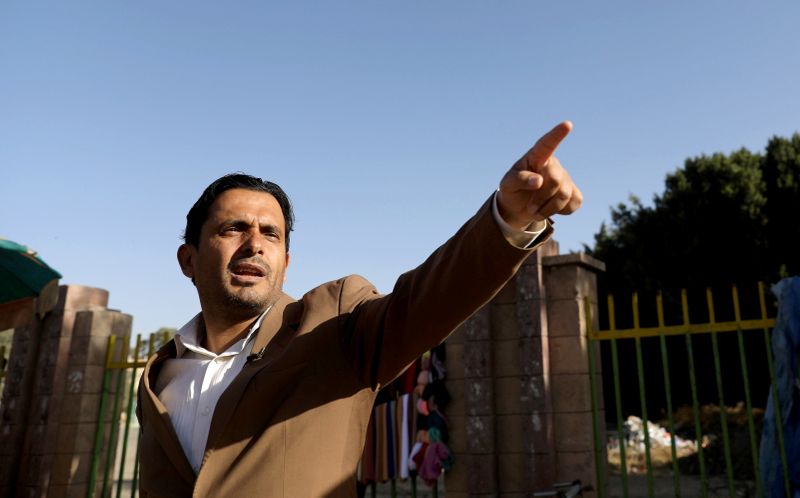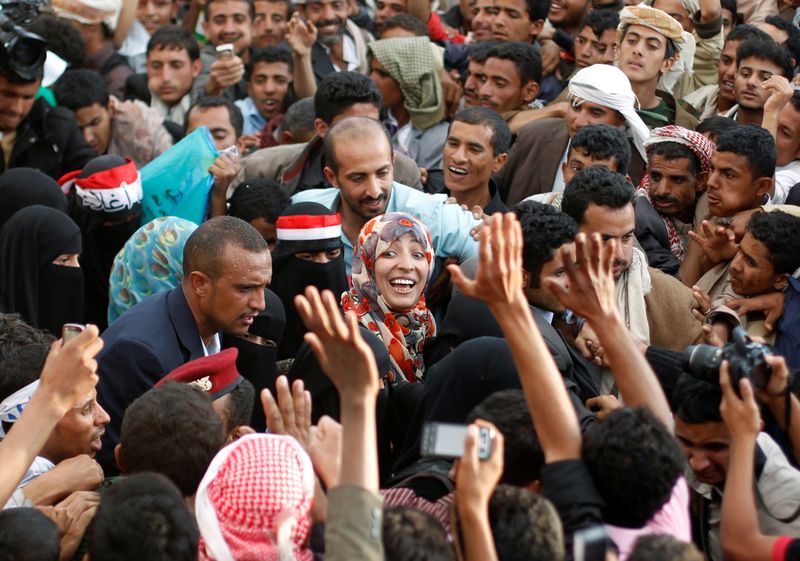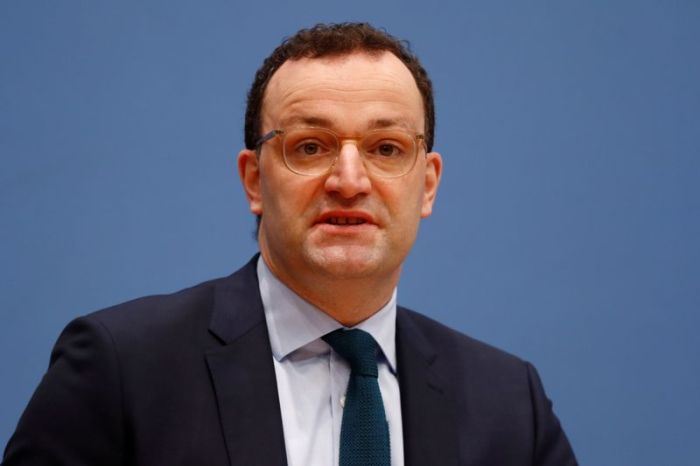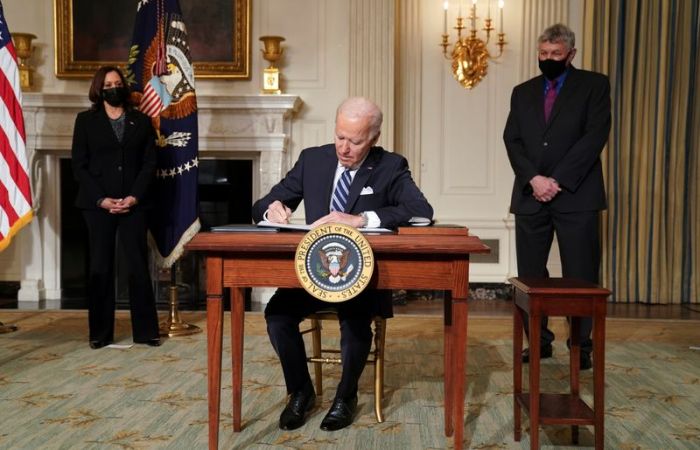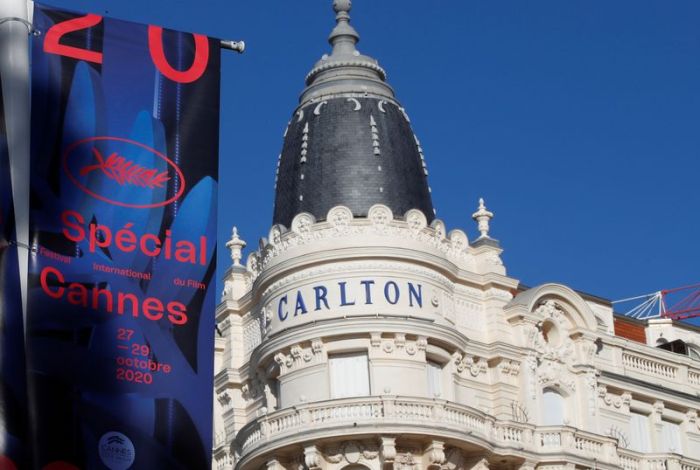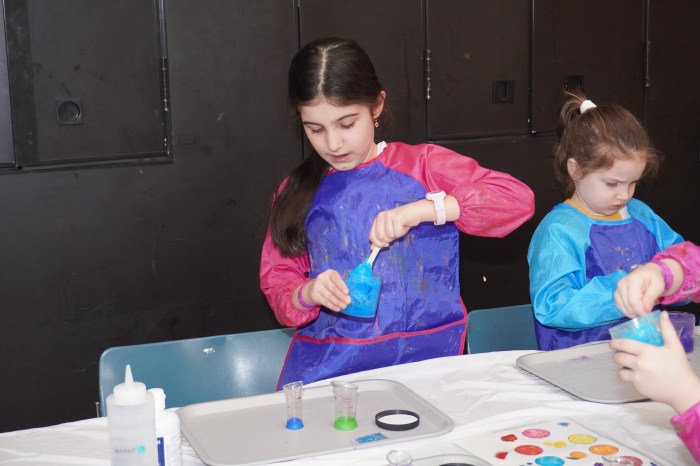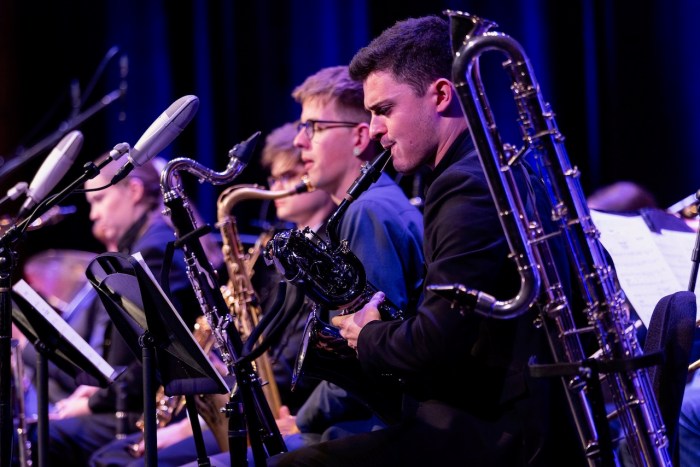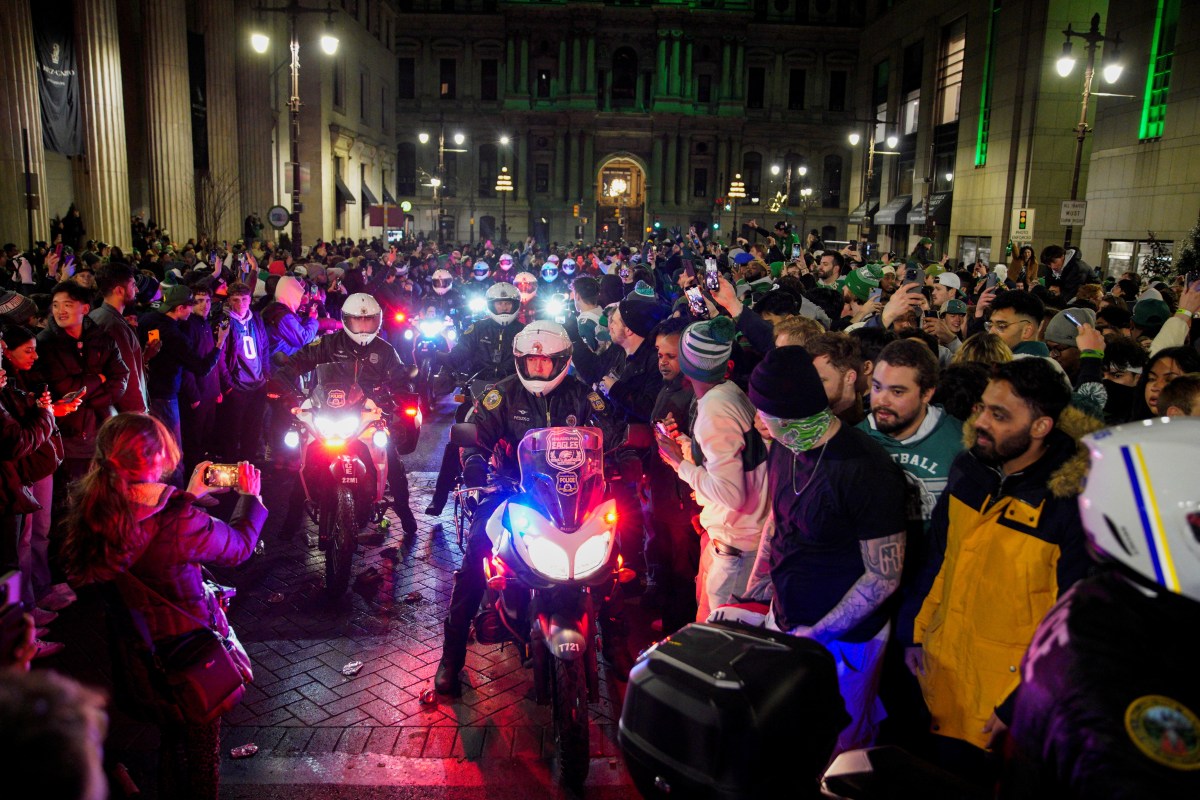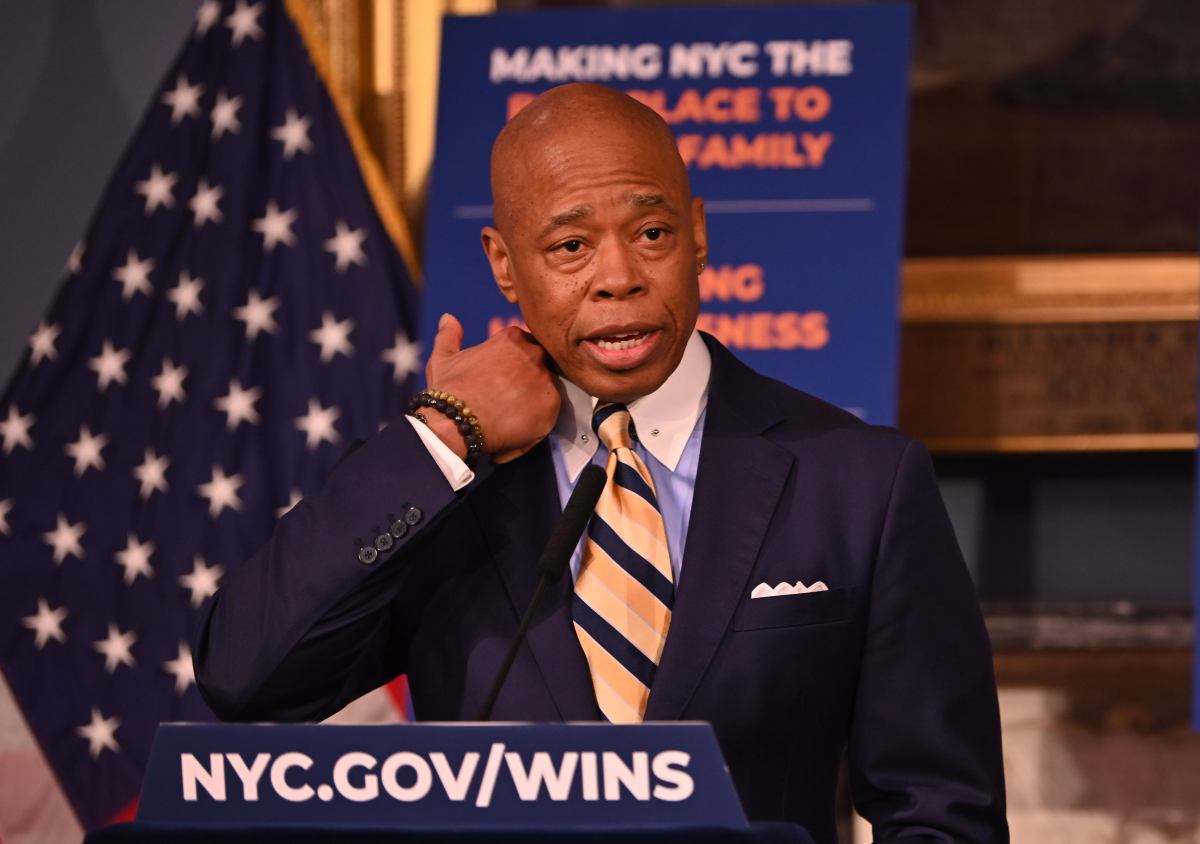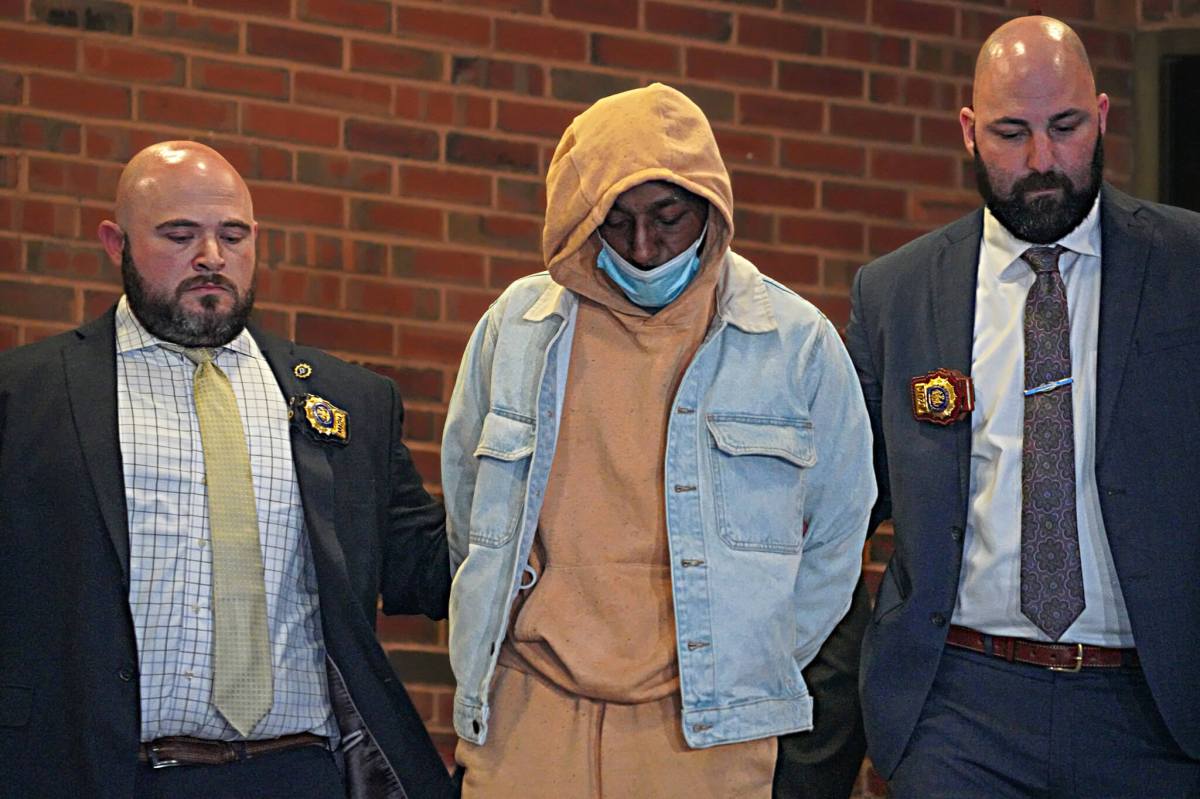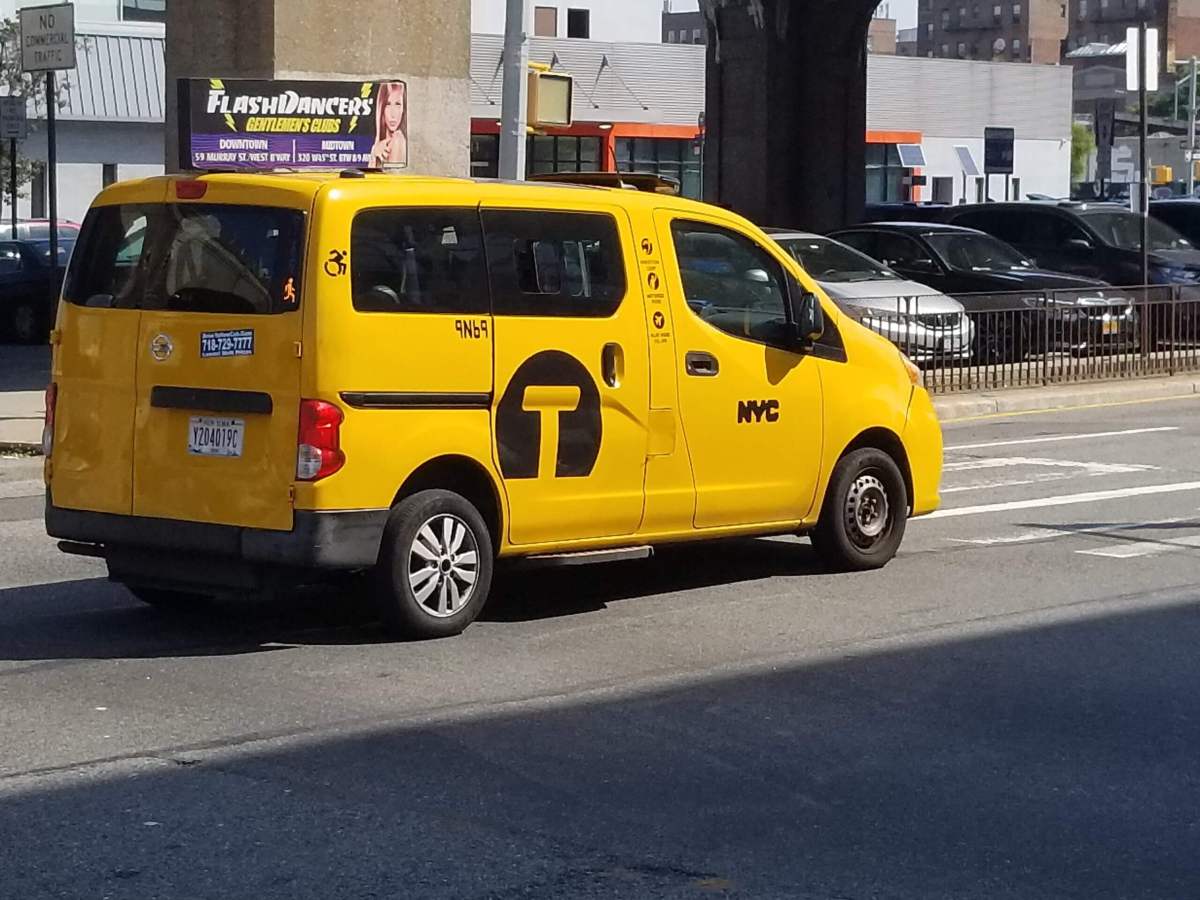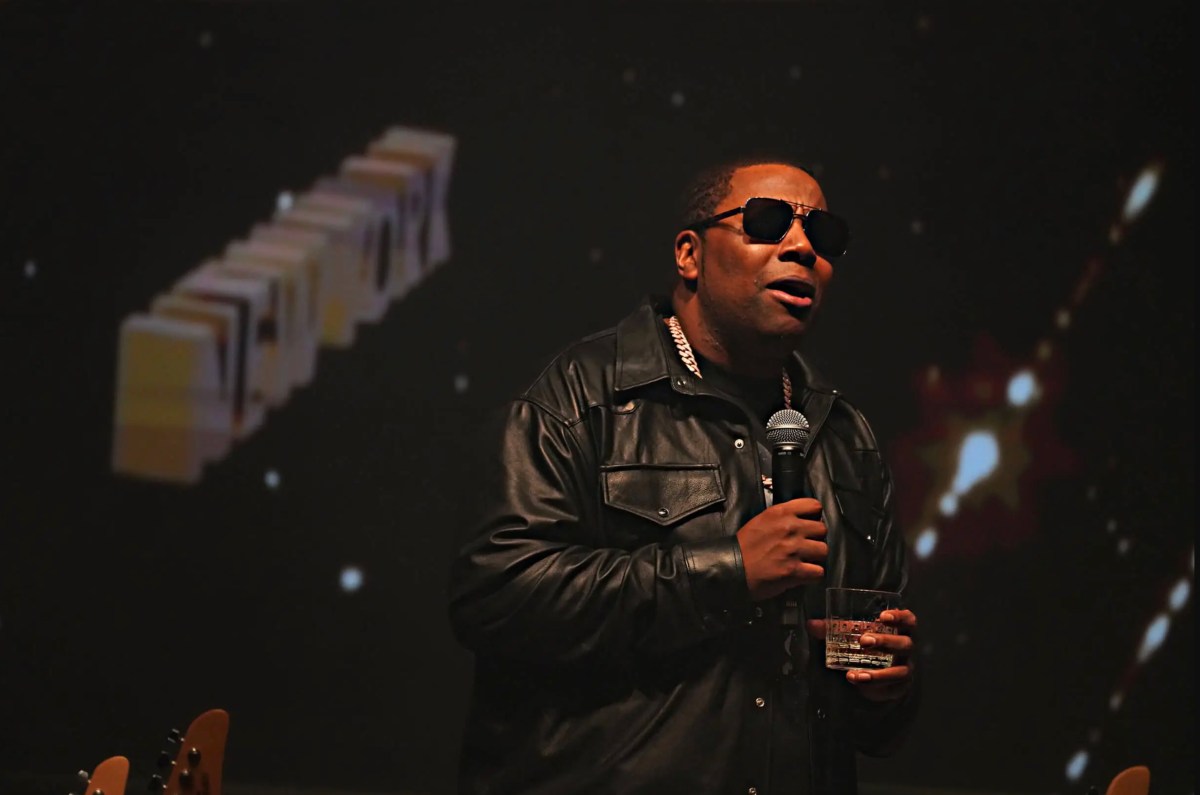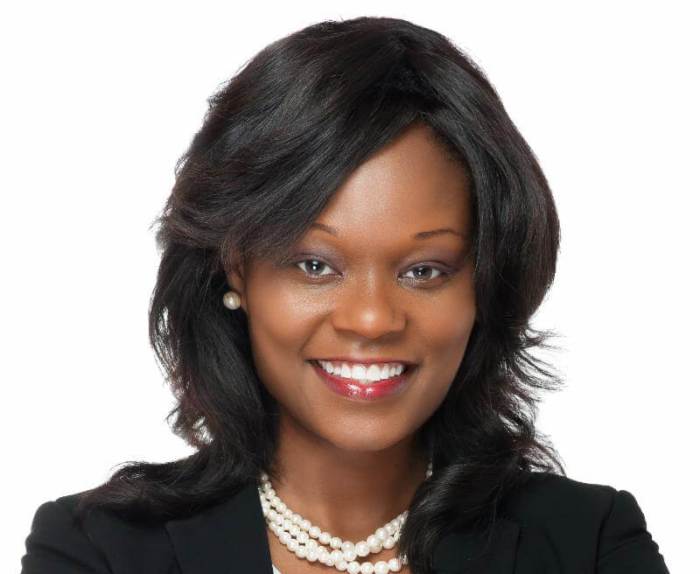SANAA/TAIZ, Yemen (Reuters) – Ten years after joining an uprising in Yemen against autocratic rule and an economy in shambles, the same activists find themselves on opposite sides of a war that has pushed the country to the brink of famine with dim prospects for peace.
Ahmed Abdo Hezam, 35, a fighter with government forces known by his nom de guerre Ahmed Abu Al-Nasr, had been a university graduate in the agro-industrial city of Taiz when he first joined youth-led protests that ended Ali Abdullah Saleh’s 33-year rule.
Even back then some 40% of Yemen’s population lived on less than $2 a day and a third suffered chronic hunger. Jobs were scarce and corruption rife. The state was facing a resurgent Al Qaeda wing and rebellions by the Houthis in the north and separatists in the south.
“When we joined the uprising it was like a breath of air. They tried to drag us into violence … but we remained peaceful,” said al-Nasr who like many resented jobs cronyism in the public sector, the biggest employer.
More than 2,000 people died in the uprising before Saleh in 2012 yielded to pressure from the United States and Gulf Arab states to step down. He was the fourth autocrat to be toppled in the “Arab Spring” unrest that first began in Tunisia.
Riyadh and Washington hoped former Saleh deputy Abd-Rabbu Mansour Hadi would improve the government’s legitimacy and oversee a transition to democracy. Instead it disintegrated.
The Houthis, enemies of Saudi Arabia and friends of Iran, partnered with erstwhile foe Saleh to seize the capital, Sanaa, and ousted Hadi’s government in late 2014, triggering a Saudi-led military coalition backed by the West to intervene.
Al-Nasr, a poet with four children, joined government forces when the Houthis, who later killed Saleh when he turned on them, entered Taiz, which is still effectively under siege.
“We did not think the uprising would lead to this,” said al-Nasr, who has seen comrades die, his home destroyed and family scatter. “We were forced to take up arms to defend ourselves.”
“I hope with all my heart the war ends…that weapons are laid down and all factions sit at the table.”
SELF-DETERMINATION
The war has killed more than 100,000 people and pushed millions to the verge of starvation. Now 80% of the population, or some 24 million, need help and are vulnerable to disease, first cholera and now COVID-19.
Ali al-Dailami, a rights defender briefly detained under Saleh’s rule who is now Houthi deputy minister of human rights, joined the uprising in “Change Square” in Sanaa in the hopes it would lead to a state representing all.
Speaking to Reuters in the square, al-Dailami recalled the early days of the revolution, and lamented its results.
“At times we thought we would not live to see the sun rise because of the threats and (pro-Saleh) soldiers and hoodlums,” he said. “We wanted to move from a failed state, we wanted to break the impasse.”
He saw the Gulf initiative that ushered in Hadi as interference that “killed the revolution’s principles”.
“We wanted real change, not to repackage the old system as democracy.”
Dejected, Dailami left Sanaa for Cairo but returned as the Saudi-led coalition bombarded and blockaded Yemen, killing thousands of civilians and exacerbating hunger.
Once rebels largely kept at bay, the Houthis now hold northern Yemen, from where they have repeatedly attacked Saudi cities with missiles and drones. The government is based in the south where separatist seek more power.
WEST MUST ACT
Rights advocate Tawakkol Karman, a 2011 Nobel Peace Prize winner for her role in Arab Spring protests, was abroad when the Houthis seized Sanaa and has not returned. She is a vocal critic of the group and of the Saudi-led coalition, accusing them of repressing democratic change in the region.
“After the revolution we lived three of the most beautiful years ever…we were days away from the referendum of the constitution and holding multiple elections,” she said, blaming the Houthi coup, the war and Western inaction for what followed.
Karman urged new U.S. President Joe Biden to “fulfil his commitment and his promises to end this war in Yemen” and to halt arms sales to Saudi Arabia and its ally the United Arab Emirates.
In the southern port of Aden, civil engineer Waddah al-Hariri, 49, hopes the United Nations can revive stalled peace talks. He has moved his family to Hodeidah, then Sanaa and back to Aden to escape fighting.
A member of the Socialist Party that ruled South Yemen before unification with the North under Saleh in 1990, he believes the aims of the uprising he joined are still possible.
“Building peace is the priority now, and then a new constitution,” he said.
(Reporting by Abdulrahman al-Ansi, Mohammed Ghobari and Yemen team; Additional reporting by Lisa Barrington and Aziz El Yaakoubi in Dubai; Writing by Ghaida Ghantous; Editing by Simon Cameron-Moore)

